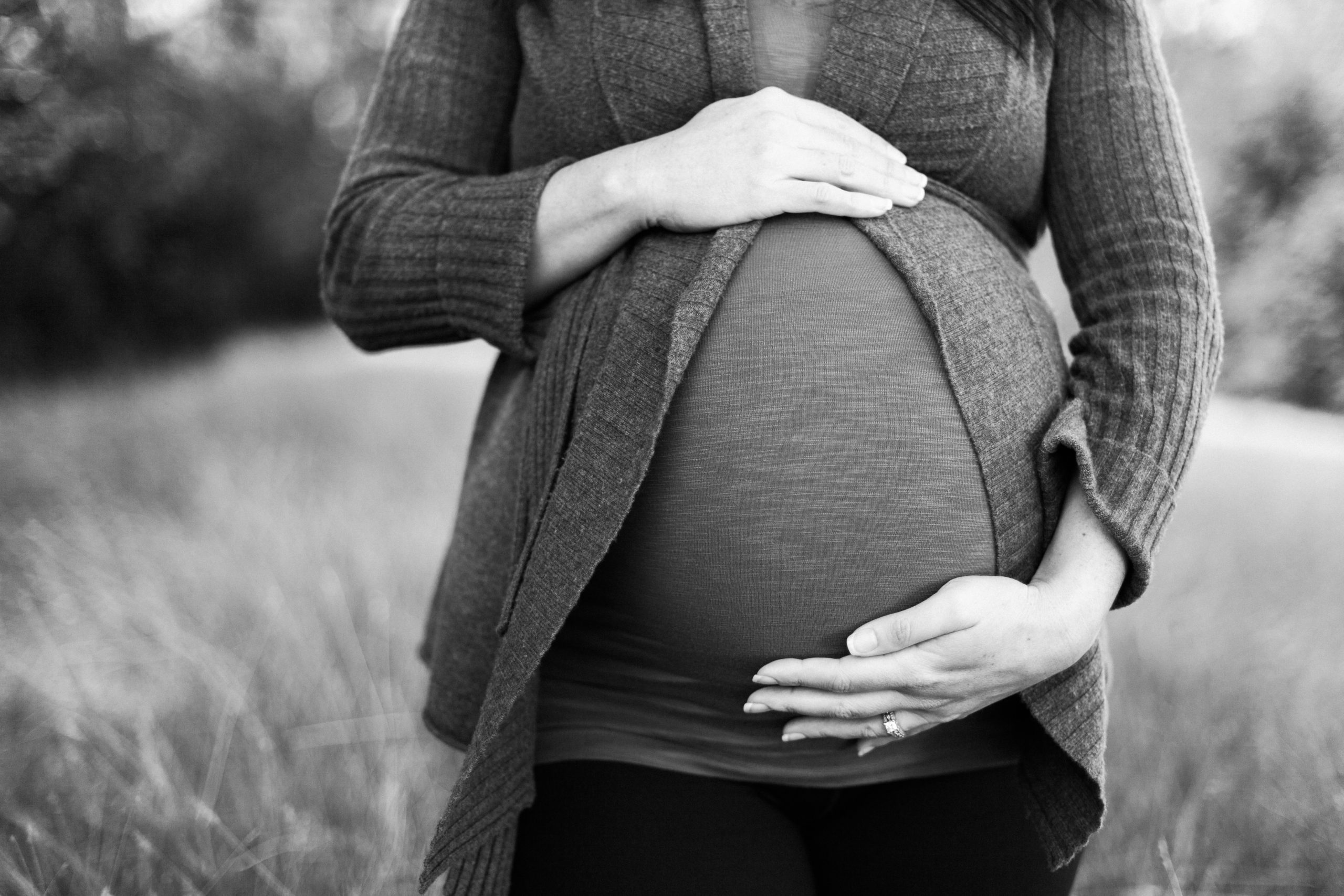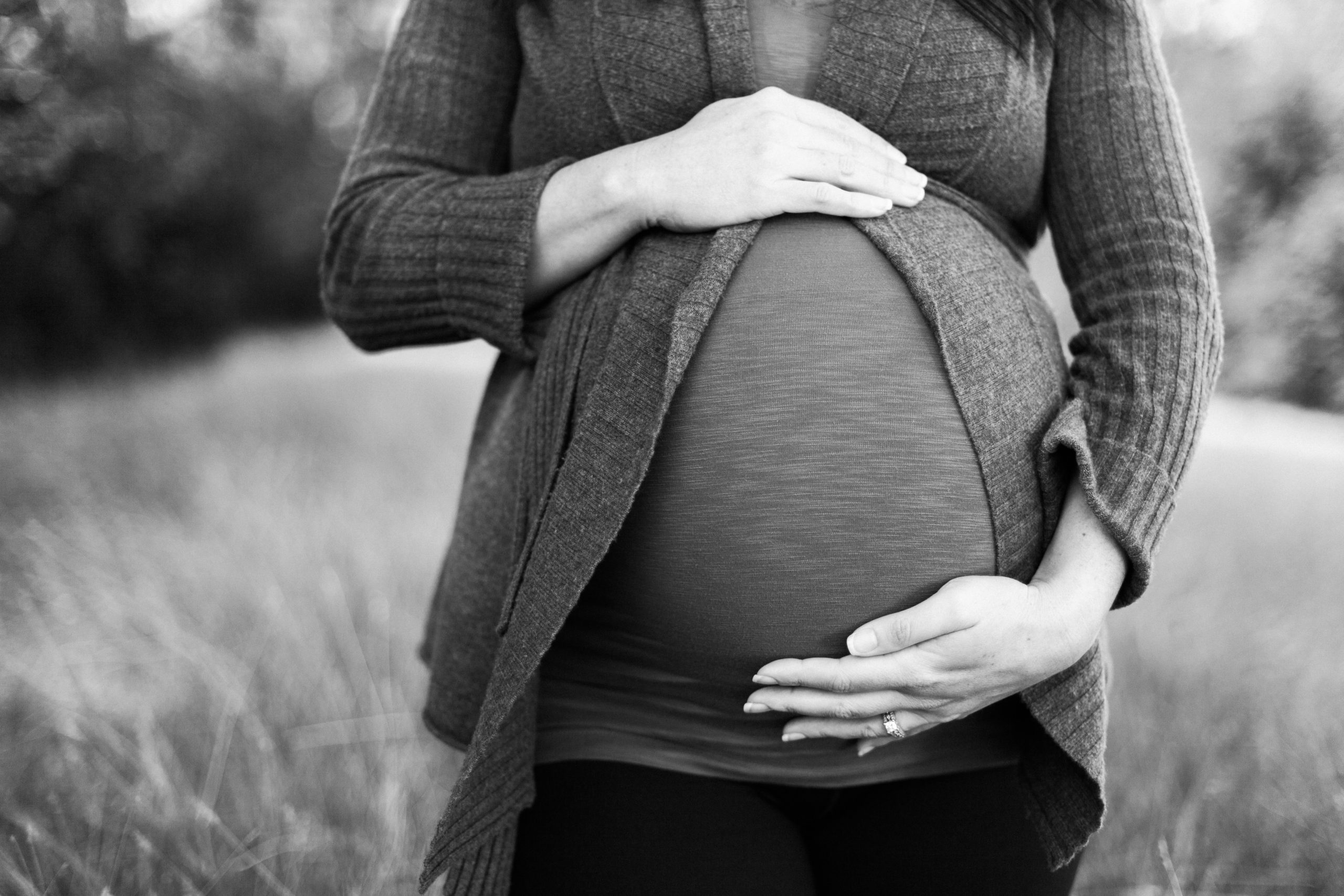Pregnancy Incontinence – Information and Management
Embrace the adventure of pregnancy with confidence! Say goodbye to incontinence.
Pregnancy is an incredible journey that brings about exciting changes in a woman’s life. However, some physical challenges come along with this wonderful experience. One of the most common and unpleasant of these challenges is incontinence.
But don’t worry; you’re not alone! Whether it’s stress incontinence, urge incontinence or a combination of both, you can take control of this issue and make your pregnancy journey comfortable.
This blog will help you understand the pregnancy related incontinence condition and find the right information and management techniques to help you stay dry and confident.
You’ll learn about the prevalence of pregnancy incontinence, its causes, and the importance of taking charge. With the right treatments and strategies, you can confidently tackle this issue and embark on a healthy and positive pregnancy journey.
Pregnancy incontinence
Incontinence during pregnancy refers to the unintentional loss of urine that occurs during pregnancy. Incontinence severity can range from mild leakage to complete loss of bladder control.
This can be due to various reasons, including physical and hormonal changes in the body, weak pelvic floor muscles, and urinary tract infections.
Prevalence of incontinence during pregnancy:
Incontinence during pregnancy is a common issue faced by many women. Studies have shown that up to 50% of pregnant women experience some form of incontinence during their pregnancy. This can range from occasional leakage to more frequent and severe incontinence.
The incidence of incontinence is known to be highest during the third trimester of pregnancy when the uterus is at its largest and places pressure on the bladder, which is also called early pregnancy incontinence.
Incontinence can also occur during postpartum and can persist even after delivery. This is due to the strain on the pelvic floor muscles during pregnancy and childbirth, which can weaken the muscles and lead to incontinence.
While incontinence during pregnancy is common, it can be uncomfortable and stressful for women. It’s essential to understand that incontinence is a treatable condition.
Types of pregnancy incontinence
Understanding the causes and symptoms of incontinence is crucial to managing the condition effectively.
Urinary Incontinence
Urinary Incontinence is when a person loses control over their bladder and involuntarily leaks urine. Urinary incontinence during pregnancy can take several forms, each with unique symptoms and causes. There are several types of pregnancy incontinence, including stress, urge, and mixed incontinence.
- Stress incontinence occurs when physical activities, such as coughing, laughing, or exercising, can cause increased pressure on the bladder and cause leakage.
- Urge incontinence is characterized by a strong, sudden urge to urinate, followed by leakage.
- Mixed incontinence is a combination of both stress and urge incontinence.
The symptoms of urinary incontinence may include:
- Leakage of urine when laughing, coughing, or exercising.
- Strong, sudden urges to urinate are associated with leaks.
- Inability to hold urine for a long duration.
- Leaking before reaching the toilet.
- Waking up frequently at night to urinate.
- Pain or burning sensation while urinating.
Fecal incontinence
Fecal incontinence during pregnancy is the involuntary loss of feces from the rectum or anus. It is a common condition that affects many women during pregnancy due to hormonal changes, increased pressure on the rectum, and weakened pelvic floor muscles.
This condition can cause embarrassment, discomfort, and anxiety, affecting the quality of life of pregnant women.
Symptoms of fecal incontinence
The symptoms of fecal incontinence during pregnancy can include
- The passage of liquid or solid stool involuntarily
- Inability to hold stool
- Urgent need to have a bowel movement
- Incontinence when passing gas
Causes of incontinence during pregnancy:
Several factors can contribute to incontinence during pregnancy. Some of the most common causes of incontinence during pregnancy:
- Physical changes in the body during pregnancy can put pressure on the bladder and pelvic floor muscles, leading to incontinence. Additionally, the growing fetus can stress the bladder and urethra, making it challenging to control urine, causing urgency and incontinence.
- Hormonal changes during pregnancy, such as estrogen and progesterone, play a role in relaxing the muscles in the pelvic region, including the bladder and pelvic floor muscles. This can make it difficult to hold urine in and result in incontinence.
- Weak pelvic floor muscles can cause incontinence during coughing, sneezing, and physical stress.
- Urinary tract infections (UTIs) are another cause of incontinence during pregnancy. UTIs can cause pain and discomfort and lead to frequent urination. Pregnant women are at an increased risk of developing UTIs, making it crucial to seek medical attention if they experience urinary issues.
- Constipation from pregnancy-related hormonal changes can cause extra pressure on the rectum and anus, leading to fecal incontinence.
- Anal fissures are small tears in the anus that can occur during pregnancy and may lead to incontinence.
Prevention and management of pregnancy incontinence
The good news is that several strategies can help prevent and manage incontinence during pregnancy.
Lifestyle changes to prevent incontinence
Making a few simple changes to your lifestyle can help reduce the risk factors of incontinence during pregnancy. Here are some tips:
- Regular exercise and physical activity: Regular moderate exercise can help strengthen your muscles, improve pelvic floor muscle function, and reduce the risk of incontinence. Gentle activities like walking, swimming, or yoga are great options during pregnancy.
- Maintaining a healthy weight: Carrying excess weight during pregnancy can put extra pressure on the bladder, so it’s important to maintain a healthy weight.
- Drinking plenty of water: Staying hydrated is essential for overall health, and muscle function can help reduce incontinence risk.
- Avoiding bladder irritants: To maintain bladder health during pregnancy, it is advisable to restrict or abstain from consuming certain items such as caffeine, alcohol, and spicy foods, as they can cause bladder irritation and raise the likelihood of incontinence.
- Planning for your daily activities can help you feel more in control and reduce stress.
- Wearing incontinence products, such as pads and liners, can help you feel more comfortable and confident to continue to engage in social activities.
- Appropriate and comfortable clothing choices can help reduce bladder pressure and incontinence.
- Dietary modifications: Increasing fluid and appropriate fibre intake to avoid constipation.
Pelvic floor exercises
Pelvic floor exercises, or Kegel exercises, are a simple and practical way to strengthen the muscles that support the bladder and prevent incontinence. Incorporating pelvic floor muscle exercises into your daily routine can go a long way in managing incontinence symptoms.
Seeking help and support
Understanding the emotional impact of incontinence is important. Incontinence can cause feelings of embarrassment, frustration, and anxiety. Don’t hesitate to seek help and support if you struggle with incontinence during pregnancy. Talking to your healthcare provider about your feelings and seeking support as needed is important.
Seeking support from friends and family can make a big difference. Support groups and resources are also available for women with incontinence during pregnancy.
Importance of prompt management of incontinence during pregnancy
Understanding the importance of managing incontinence during pregnancy is key to ensuring a healthy and positive pregnancy and postpartum journey.
First and foremost, incontinence can impact a woman’s quality of life during pregnancy. It can cause anxiety and distress, making it difficult for women to carry out their daily activities efficiently. This can lead to a sedentary lifestyle and a decline in overall enthusiasm and function during pregnancy.
Moreover, incontinence can lead to skin irritation and infections, affecting a woman’s health. This highlights the need for prompt treatment and management of incontinence during pregnancy, leading to managing overactive bladder during pregnancy.
Additionally, incontinence can also impact a woman’s postpartum recovery. It can be challenging for women to care for their newborns and themselves if they struggle with incontinence. Early management and treatment of incontinence during pregnancy also can help ensure a smoother postpartum recovery.
Postpartum incontinence

Postpartum incontinence is caused by physical changes during pregnancy and childbirth, hormonal changes, neurological changes, and overactive bladder.
Physical changes during pregnancy and childbirth, and vaginal delivery can weaken the pelvic floor muscles and cause damage, while hormonal changes can also contribute to incontinence in postpartum.
In addition, an overactive bladder and neurological changes after childbirth can lead to incontinence.
Lifestyle modifications, pelvic floor exercises and other treatments can help to strengthen the pelvic floor muscles and improve bladder control, reducing the risk of incontinence after childbirth.
A pelvic health physiotherapist can help determine the best treatment options and provide guidance on managing incontinence during pregnancy and postpartum.
You may be interested in Dealing With Postpartum Back Pain: Tips For New Moms!
Say goodbye to incontinence with pelvic physiotherapy: A solution for pregnant and postpartum women
Pelvic health physiotherapy can provide a solution to incontinence, a common issue. The pelvic physiotherapist identifies the issues and addresses the pelvic floor muscles responsible for controlling the bladder and other organs, improving bladder control and reducing incontinence.
In addition to strengthening the pelvic floor, incontinence physiotherapy can help educate women to develop good bladder habits with bladder training.
This includes techniques such as timed voiding, pelvic floor muscle training and bladder retraining. These techniques can help to reduce the frequency and severity of incontinence.
Furthermore, physiotherapy can help women manage incontinence’s physical symptoms, such as pain and discomfort. It can help reduce the risk of pelvic organ prolapse, a common pregnancy complication. Pelvic physiotherapists strive to improve the quality of life for women struggling with this condition.
Pelvic floor physiotherapy can be an effective treatment and lifesaver for pregnant and postpartum women experiencing incontinence. With its ability to strengthen the pelvic floor, improve bladder control, and manage physical symptoms, pelvic physiotherapy can help women to regain control.
Final thoughts on managing pregnancy incontinence

Incontinence during pregnancy is a common and uncomfortable issue that affects many women. Managing incontinence during pregnancy requires a multifaceted approach that addresses physical and emotional needs.
It’s important to understand that incontinence is a common issue during pregnancy and that there are effective strategies to prevent and manage it.
Lifestyle changes and exercises also effectively treat pelvic floor muscle disorder and prevent incontinence. In cases where lifestyle changes and pelvic floor exercises are not enough, medical management options may be necessary.
In addition to physical management strategies, it’s essential to address the emotional impact of incontinence through support from friends, family, and healthcare providers.
With the right information and support, women can effectively manage incontinence and have a healthy and joyous pregnancy.
By understanding the causes and symptoms and implementing effective management strategies, women can minimize the impact of incontinence on their daily lives. Don’t hesitate to seek assistance if you struggle with incontinence during pregnancy.
Don’t suffer in silence – take control of your pelvic health today and live life to the fullest!

Cynthia Pathipati – Registered Physiotherapist
Cynthia Pathipati completed her bachelor’s in physiotherapy and is a qualified Registered Physiotherapist in good standing with the College of Physiotherapists of BC with more than 15 yrs of experience. She has Post-Graduate Credentials and Certifications as well as extensive knowledge experience in treating pelvic floor, orthopedic, neurological, vestibular and pain conditions.







